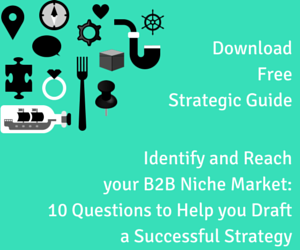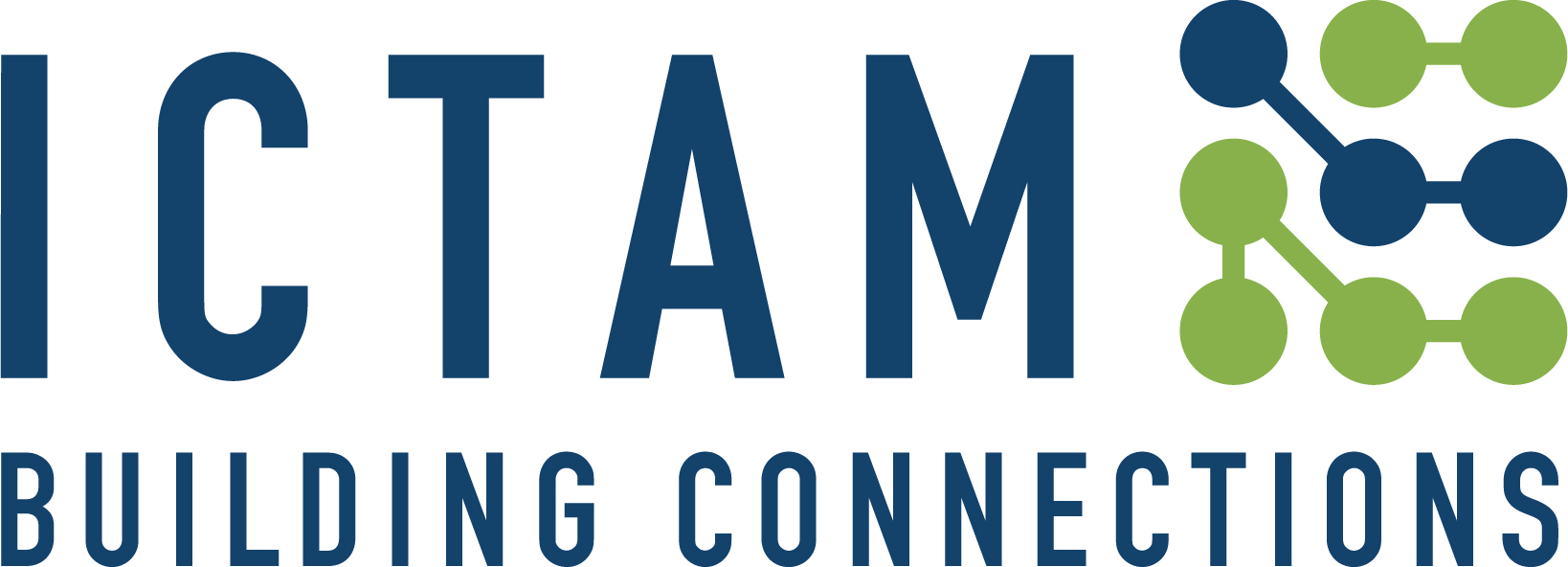For most marketers in the B2B sector, like me, the first reaction to the Canada’s Anti-Spam Legislation (CASL) was not a pleasant one. This was a truly disruptive new rule in my world of technology marketing. I was upset. Misunderstood. Lost.
According to Forrester (Nov 2013), among top-performing marketers who reported exceeding their annual revenue goals, email marketing was cited as the #1 most effective tactic for B2B lead nurturing. Emails are still a key communication tool in the world of business. We all heard about the concept of “email fatigue” but, without any doubt, well planned and executed email campaigns are still excellent mechanisms for connecting professionals in our business-to-business environment.
In effect since the summer of 2014, the Canada’s Anti-Spam Legislation (CASL) is the new anti-spam law that applies to all electronic messages (i.e. email, texts) that organizations send in connection with a “commercial activity”. A “commercial electronic message” (CEM), as defined by CASL, is quite a wide concept: any message that has the purpose of encourage participation in a commercial activity. From a price promotion to an invitation to a webinar to a corporate announcement. The content a CEM can carry is broad.
A few months after this law is in effect, we’ve already heard about the first companies receiving penalties as a consequence of violating it.
At the beginning, to learn about the new CASL legislation was quite shocking for me. As a B2B marketer, do I have to remove email campaigns from my set of marketing mix tools? How about nurturing/drip emails? How should I use the marketing automation software? Do I actually still need it?
Wait. Stop. Think.
Maybe there is, after all, something positive behind CASL in B2B. This regulation, is actually forcing us to work harder to create clean, up-to-date in-house marketing lists. Interesting.
Building a very good, in-house marketing list requires some extra work, that’s true. But, at the end, the quality of these connections will pay off: your new list will include just those people who expressed consent. Those who want to be in contact with your company and receive periodic updates from you. Hey, less contacts but higher quality. Not bad.
CASL can help B2B companies with sophisticated audiences, such as manufacturers and companies in the area of technology, to identify prospects who agree on receiving commercial information from your company. This says quite a few things about their interest; a real, business connection can happen at some point between your company and these prospects.
How do you build a good quality in-house marketing list to periodically connect with? Especially in the case of companies with an educated audience like engineers, scientists and technicians, forget about buying lists. I strongly believe that these company must provide customers and prospects the best content that you can offer: dedicated website pages, application-focused brochures, technical white papers, webinars, blog posts, infographics… A content marketing strategy should be the starting point for growing your in-house marketing list. You need to identify the leads that are consuming your content, and what pieces of content are the most successful ones. The higher the quality of your content, the higher the chances the new prospects will ask you for more of your knowledge. They want to learn. What can be better than a group of prospects that is waiting for your new piece of content so they can learn and succeed at what they do?
To comply with the CASL legislation, these are some of the steps you need to follow when designing a new B2B email campaign for your Canadian audiences:
- Update your database, clean it and define a plan to maintain the information clean over the time
- Review your current consents, plan how to increase them
- Revise unsubscribe methods
- Examine any cross-marketing initiatives with partners to identify compliance gaps
- Plan a marketing strategy that includes campaigns and programs to please your audience
- Plan B2B marketing campaigns that are focused on creating and distributing high quality content, to nurture and grow your in-house marketing list
- Ensure your marketing strategies, campaigns and programs comply with CASL
- Implement a staff training and awareness program to ensure ongoing compliance with CASL
Some companies are taking this new regulation very seriously and some haven’t had a deep discussion about CASL yet. In your particular case, how well prepared is your B2B marketing strategy to comply with CASL?






